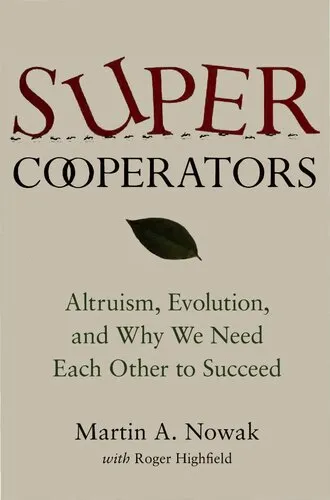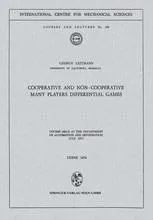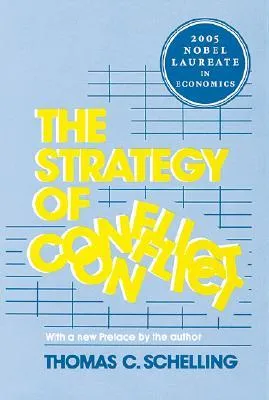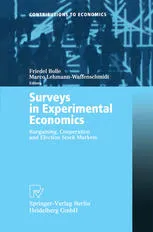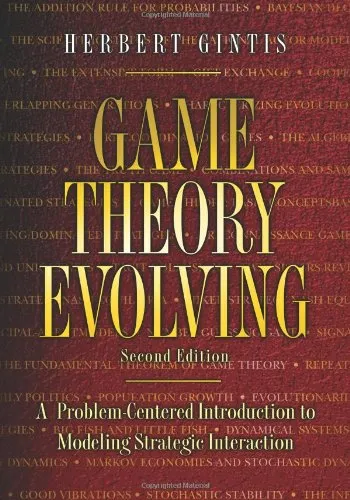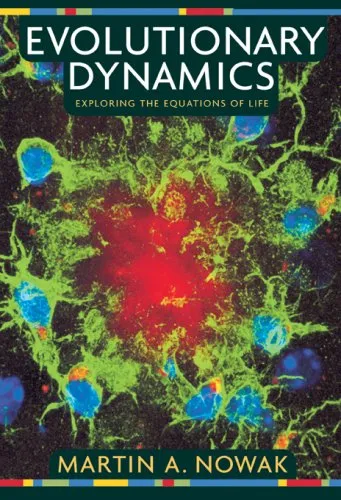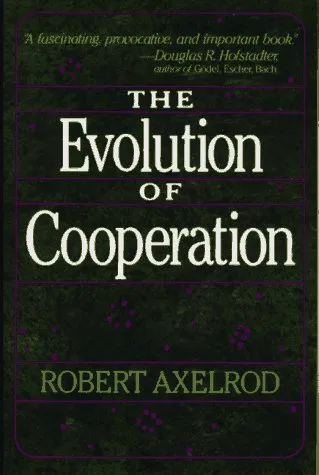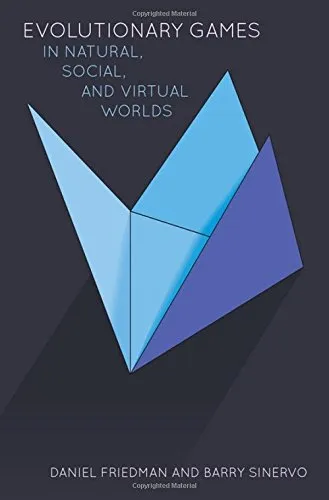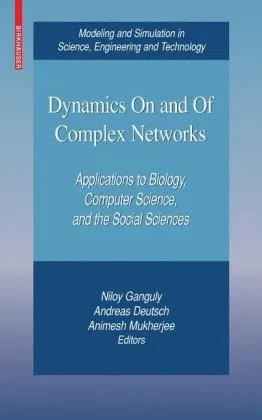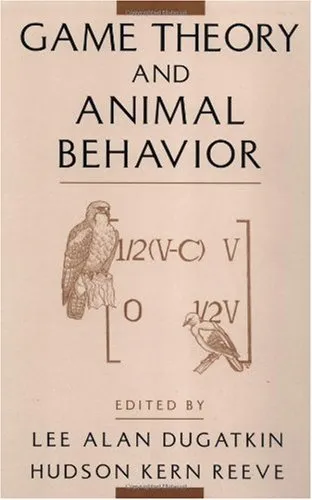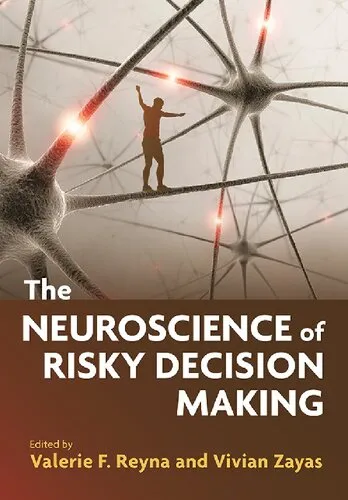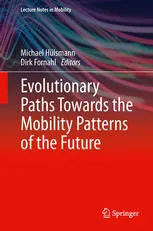Supercooperators - Altruism, Evolution, and Why We Need Each Other to Succeed
4.5
Reviews from our users

You Can Ask your questions from this book's AI after Login
Each download or ask from book AI costs 2 points. To earn more free points, please visit the Points Guide Page and complete some valuable actions.Related Refrences:
Introduction to 'Supercooperators - Altruism, Evolution, and Why We Need Each Other to Succeed'
Written by the eminent evolutionary biologist Martin A. Nowak, alongside science writer Roger Highfield, "Supercooperators" is a thought-provoking exploration into one of the most puzzling and profound aspects of life—cooperation. This groundbreaking book delves into the science of altruism and explains why cooperation is not only a fundamental driving force of evolution but also the cornerstone of human success and thriving societies. It portrays evolutionary theory in a new light, shifting from competition-centered Darwinism to a vision that elevates collaboration as an equal, if not greater, force in shaping our world.
Nowak and Highfield employ a captivating mix of cutting-edge science, historical anecdotes, and forward-thinking ideas to unravel the mystery of why individuals often choose to act for the good of others, even at their own apparent expense. By blending mathematical precision with humanistic storytelling, the book delivers a powerful narrative that asks us to rethink our place in the natural order. "Supercooperators" makes a compelling case that cooperation is not merely a byproduct of evolution but a vital ingredient that continually propels it forward.
Detailed Summary of the Book
At its core, "Supercooperators" takes on the age-old question of why humans (and other organisms) often engage in behaviors that benefit others—sometimes at cost to themselves. The authors begin by outlining the classical view of evolution, which often emphasizes individual survival and competition. Then, they introduce the idea that cooperation is just as fundamental as competition in driving evolutionary progress. The book presents five key mechanisms of cooperation: direct reciprocity, indirect reciprocity, spatial selection, multilevel selection, and kin selection.
Nowak supports his theories with vivid case studies such as the selflessness of ants, the collective behavior of slime molds, and the moral dilemmas faced by humans. Mathematical models play a pivotal role, helping readers grasp the underlying principles of cooperation and offering fresh insights into genetic and social dynamics. Through concrete examples and theoretical frameworks, the book explores why trust, generosity, and altruism persist in nature.
In addition to laying out the quantitative science behind cooperation, Nowak and Highfield expand their discussion to humanity’s challenges—ranging from climate change to global healthcare—and argue that fostering greater cooperation may hold the key to solving these complex problems. Their conclusion: To succeed, humanity must embrace cooperation rather than succumbing to the traps of selfishness, defection, and isolation.
Key Takeaways
- Cooperation is just as significant as competition in evolutionary biology.
- There are five central mechanisms that drive cooperative behavior, including direct reciprocity and kin selection.
- Mathematical models can help predict when and how cooperation emerges in nature.
- Altruism is not a paradox but an evolutionary strategy that can benefit groups and individuals in the long term.
- Humanity must prioritize global cooperation to tackle pressing issues like climate change, pandemics, and inequality.
Famous Quotes from the Book
"Selfishness beats altruism within groups. Altruistic groups beat selfish groups. Everything else is commentary."
“Cooperation is the architect of creativity throughout evolution, from the formation of simple cells to the emergence of complex civilizations.”
Why This Book Matters
"Supercooperators" occupies a unique place in the literature of evolutionary biology by firmly establishing cooperation as a critical factor in understanding life’s complexity. The book is more than just a scientific manual—it's a philosophical reflection about humanity’s potential to thrive in harmony, rather than conflict. It challenges the often cynical view of human nature by demonstrating that altruism is far from unnatural; instead, it is deeply embedded in our evolutionary heritage.
In an era defined by division and competition, this book’s insights are particularly relevant. It lays a scientific groundwork for fostering trust, collaboration, and collective progress, highlighting that our future success hinges on the power of working together rather than acting in isolated self-interest. Whether you're a scientist, policymaker, or simply a curious reader, "Supercooperators" offers profound perspectives that can inspire both personal growth and societal change.
Free Direct Download
You Can Download this book after Login
Accessing books through legal platforms and public libraries not only supports the rights of authors and publishers but also contributes to the sustainability of reading culture. Before downloading, please take a moment to consider these options.
Find this book on other platforms:
WorldCat helps you find books in libraries worldwide.
See ratings, reviews, and discussions on Goodreads.
Find and buy rare or used books on AbeBooks.
1371
بازدید4.5
امتیاز0
نظر98%
رضایتReviews:
4.5
Based on 0 users review
Questions & Answers
Ask questions about this book or help others by answering
No questions yet. Be the first to ask!
